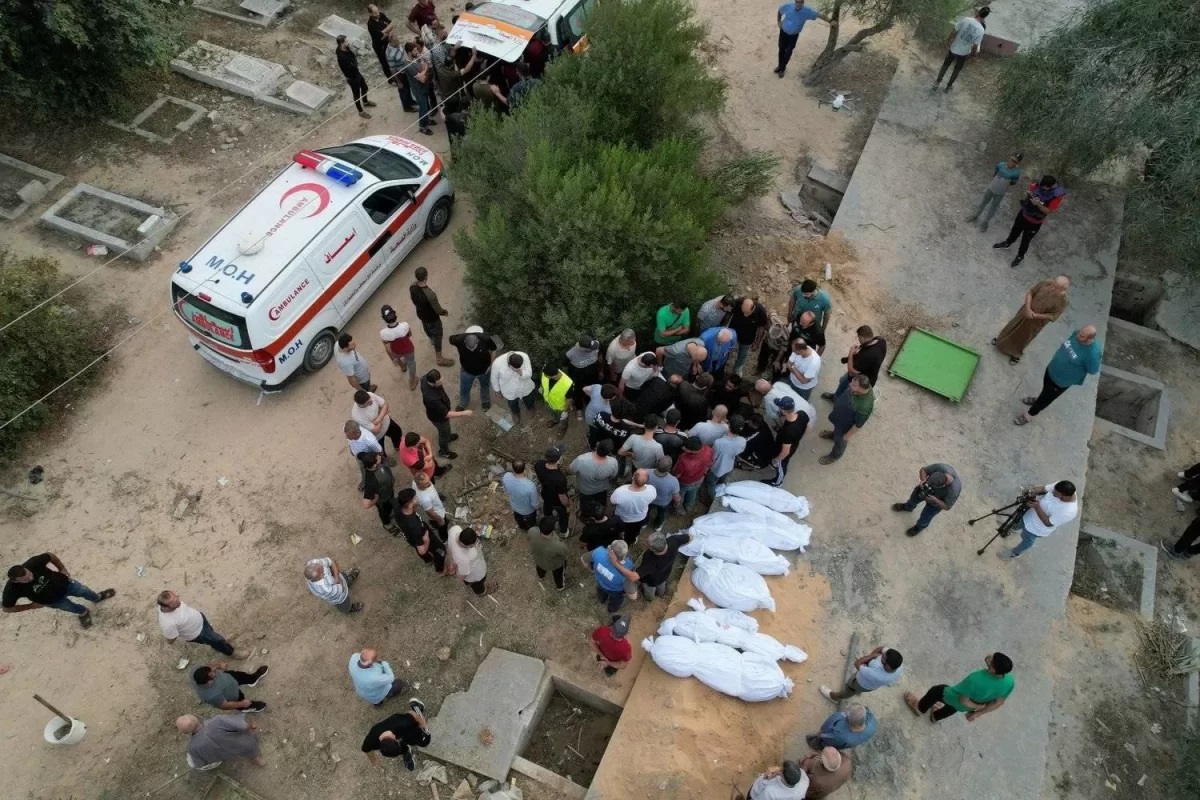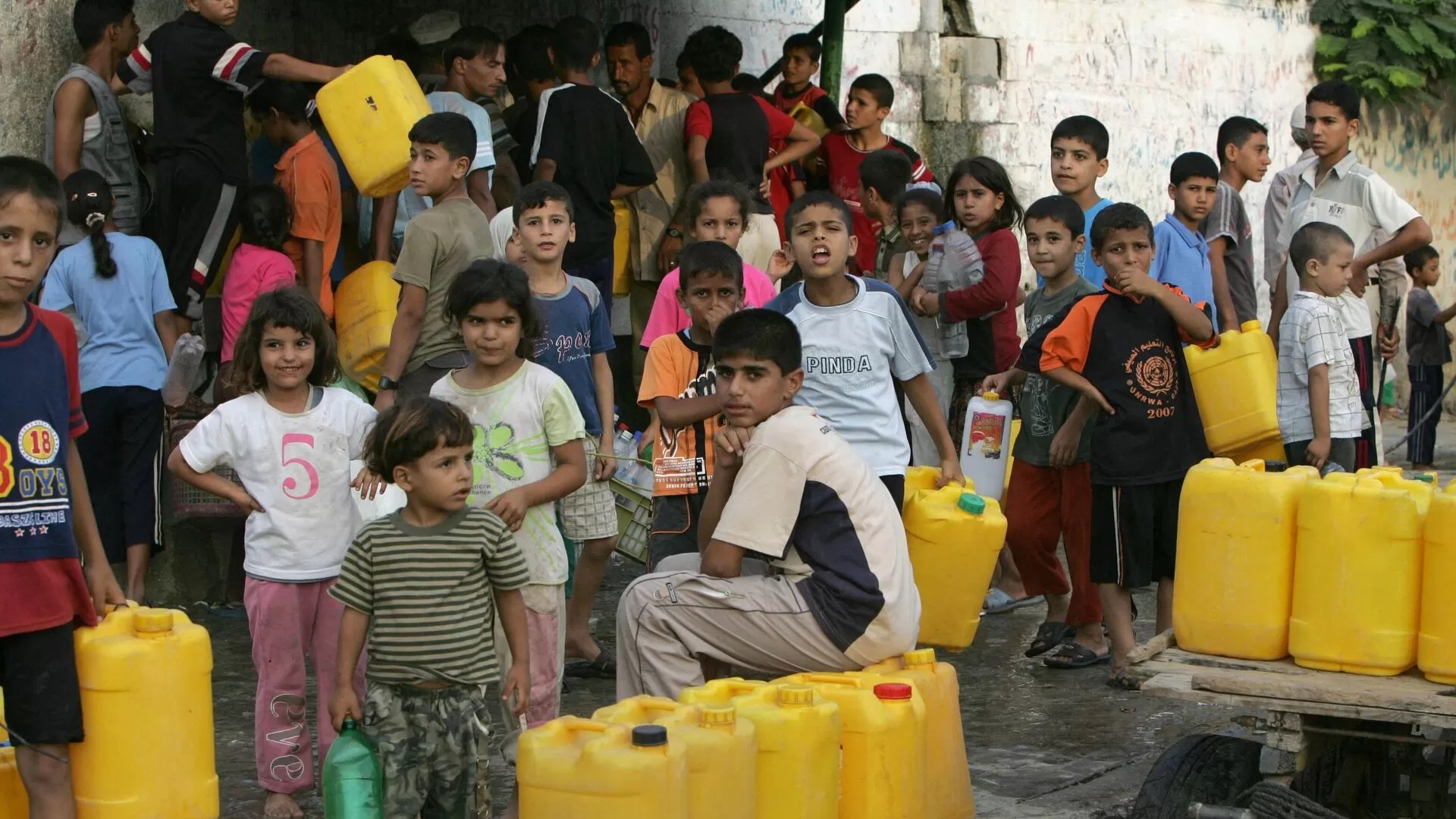Unveiling Health Threats: Former Israeli Prisoners in Gaza Show Signs of Serious Viruses

Watan-Amid the suffocating Israeli blockade and the accompanying brutal war against the Gaza Strip, the Hebrew newspaper “Haaretz” issued a warning about preliminary indications of the spread of serious diseases in the besieged region.
According to a report monitored by (Watan), the Hebrew newspaper stated that blood analyses of a number of captives from the occupation forces held by the Al-Qassam Brigades, and released after the recent ceasefire, revealed the spread of serious diseases among them.
“Haaretz” emphasized that the severe shortages of drinking water, food, and medicine, coupled with immense pressure on hospitals, have exacerbated the health situation within the Gaza Strip. The inability of the occupation to control the ramifications of this danger was also highlighted.

The World Food Programme affirmed that the risk of “famine” in Gaza is high, while the Director-General of the World Health Organization, Tedros Adhanom Ghebreyesus, stated on Sunday that the impact of the Israeli war on the healthcare sector in Gaza is “catastrophic.”
During an emergency meeting of the organization’s executive council, Ghebreyesus explained that the conditions are conducive to the spread of deadly diseases. He also pointed out that it would be impossible for the World Health Organization to improve the situation amid the ongoing violence within the Gaza Strip.
Haaretz: Important Conclusions Regarding Gaza
According to Haaretz, recent developments in Gaza lead to two fundamental conclusions. The first is the necessity for Israel to appoint a humanitarian aid coordinator who collaborates with Americans and the international community.
The source emphasized that this coordinator should not be a military officer, as is the case with the coordinator for Israeli government activities in the occupied West Bank. Instead, a civilian capable of managing appropriate policies with the support of the ministerial council should be appointed.
The second conclusion is tied to the factor of time and the urgency of releasing prisoners, especially since their families’ patience has worn thin, and “Israel has no time to waste,” according to Haaretz.
As of now, Hamas still holds approximately 137 prisoners in Gaza, including eight Thai citizens, a Tanzanian citizen, and another from Nepal.
Haaretz also reported on the death of some prisoners due to the difficult conditions of their detention and Israeli airstrikes that targeted some detention facilities in the besieged Palestinian territory.





